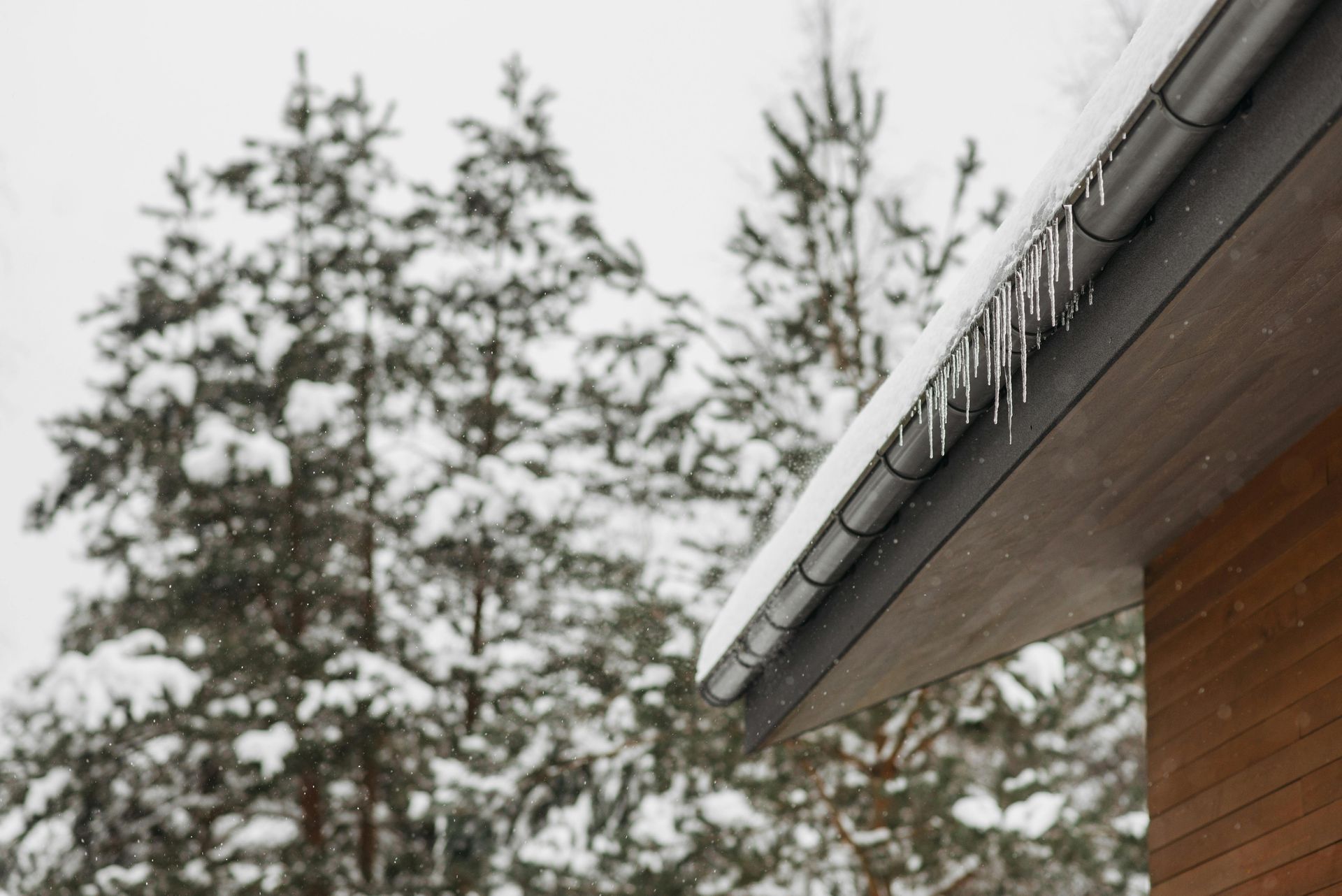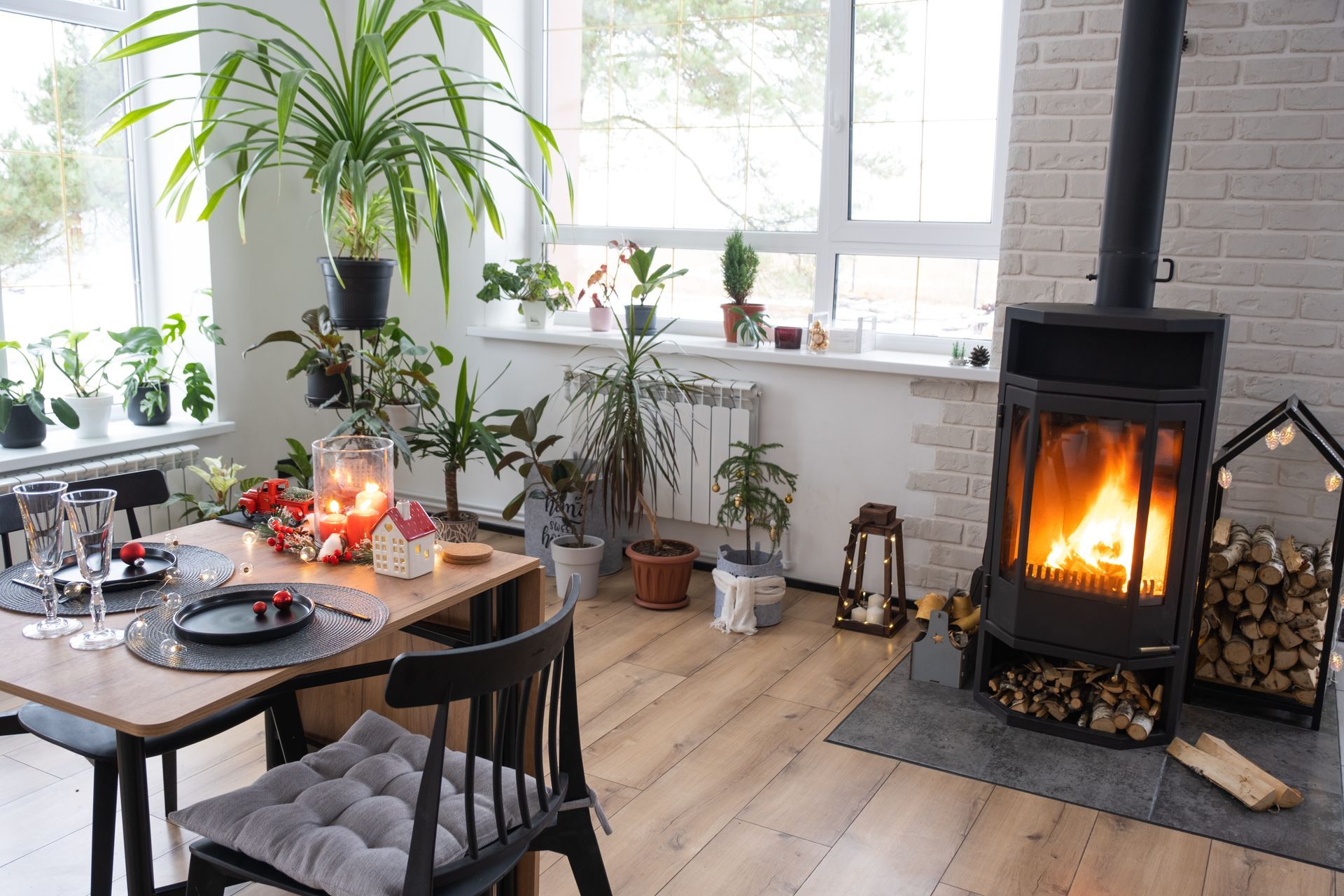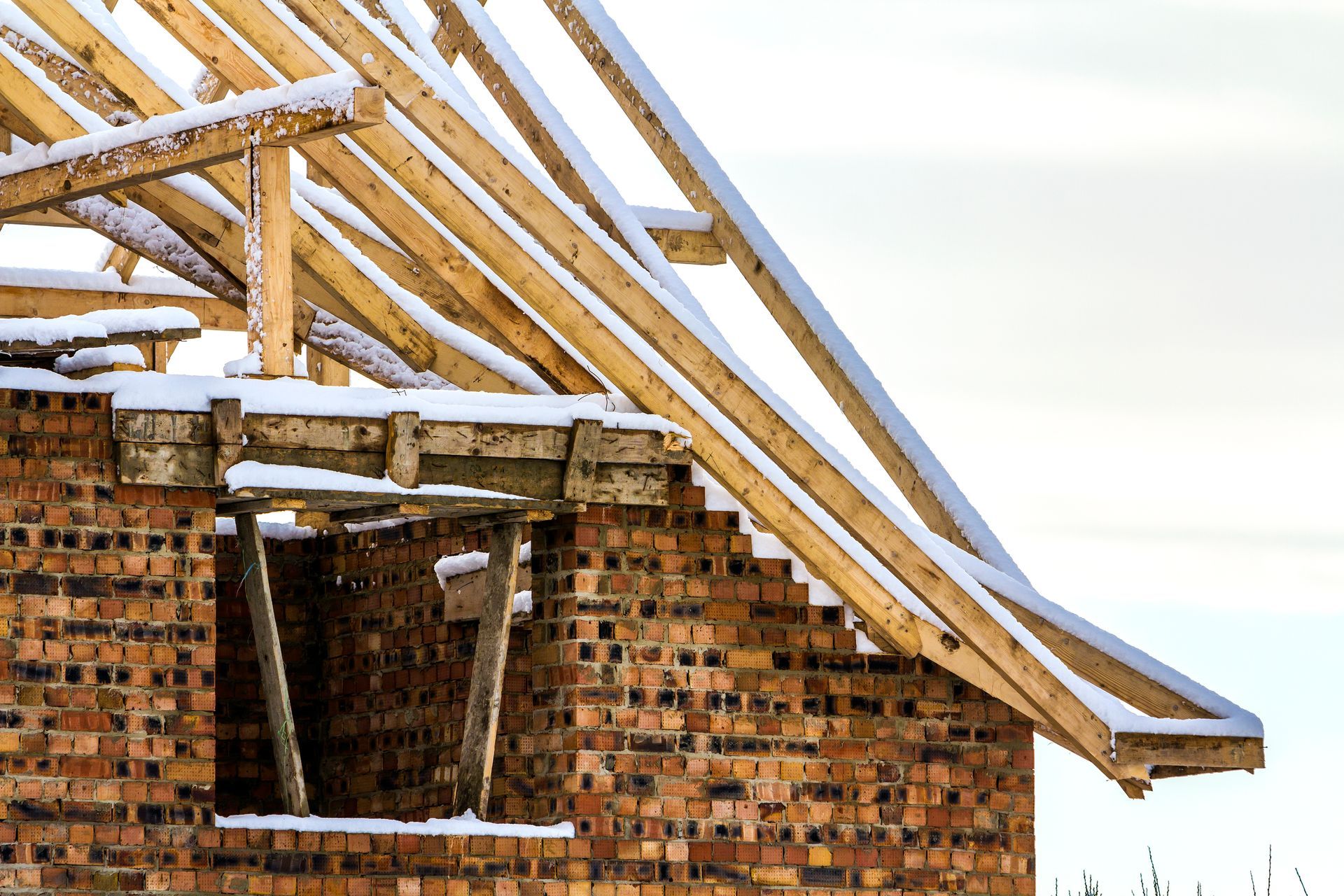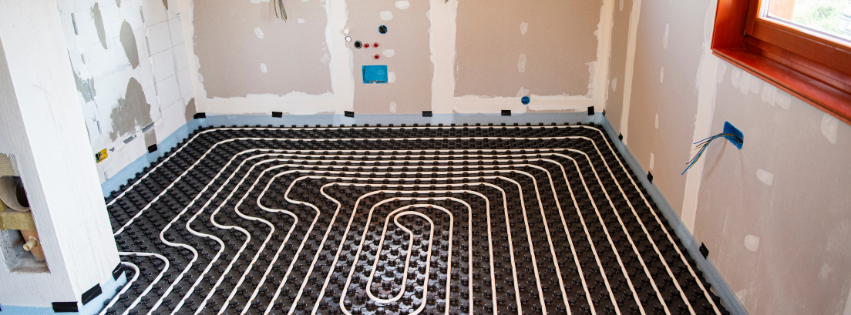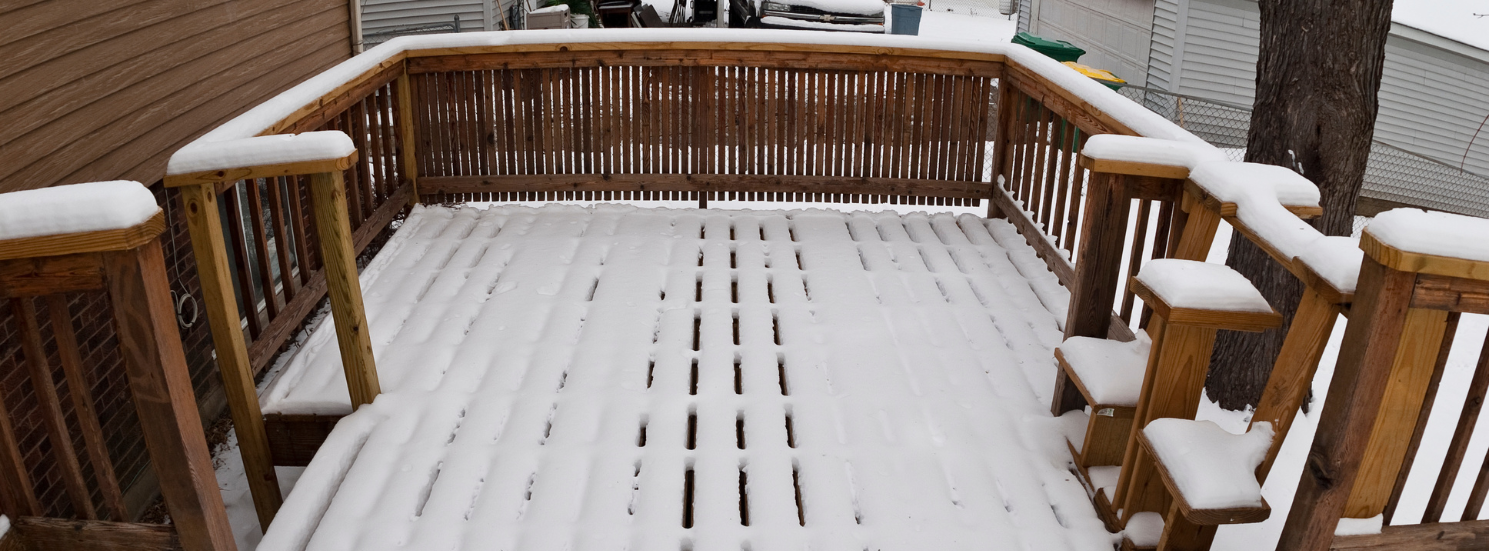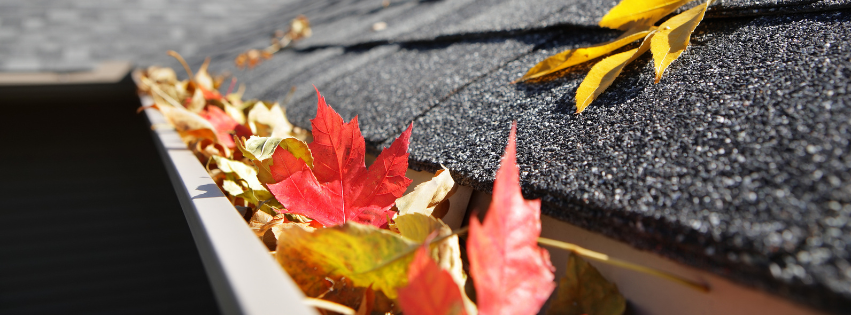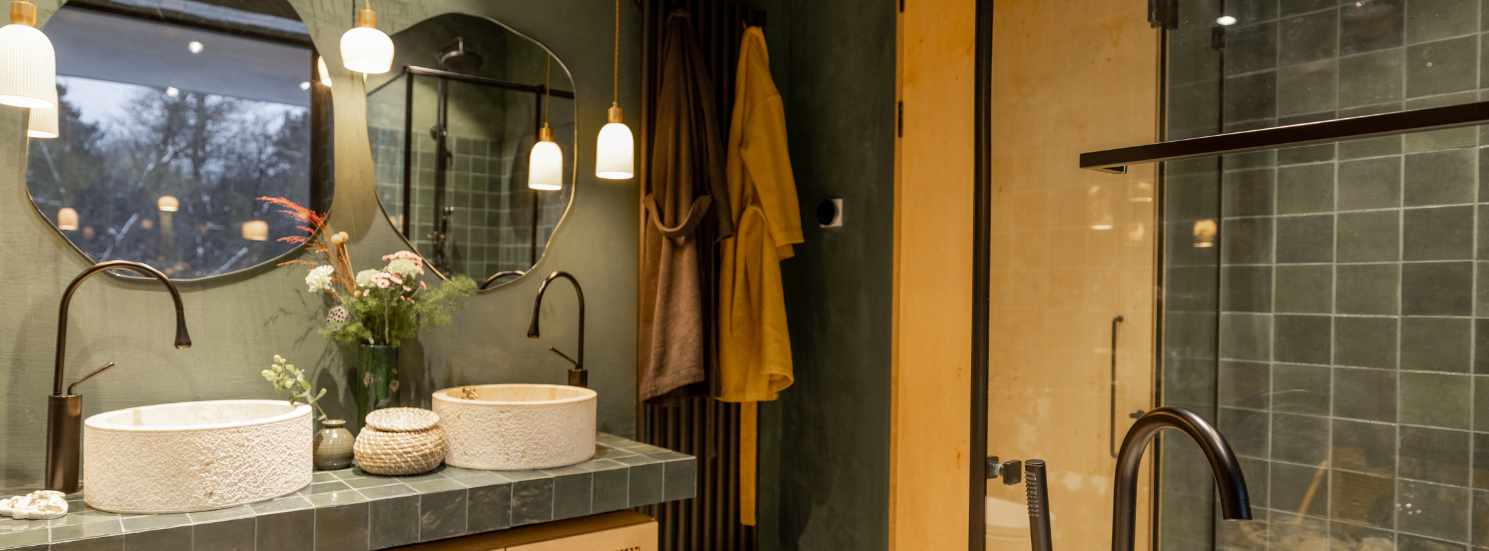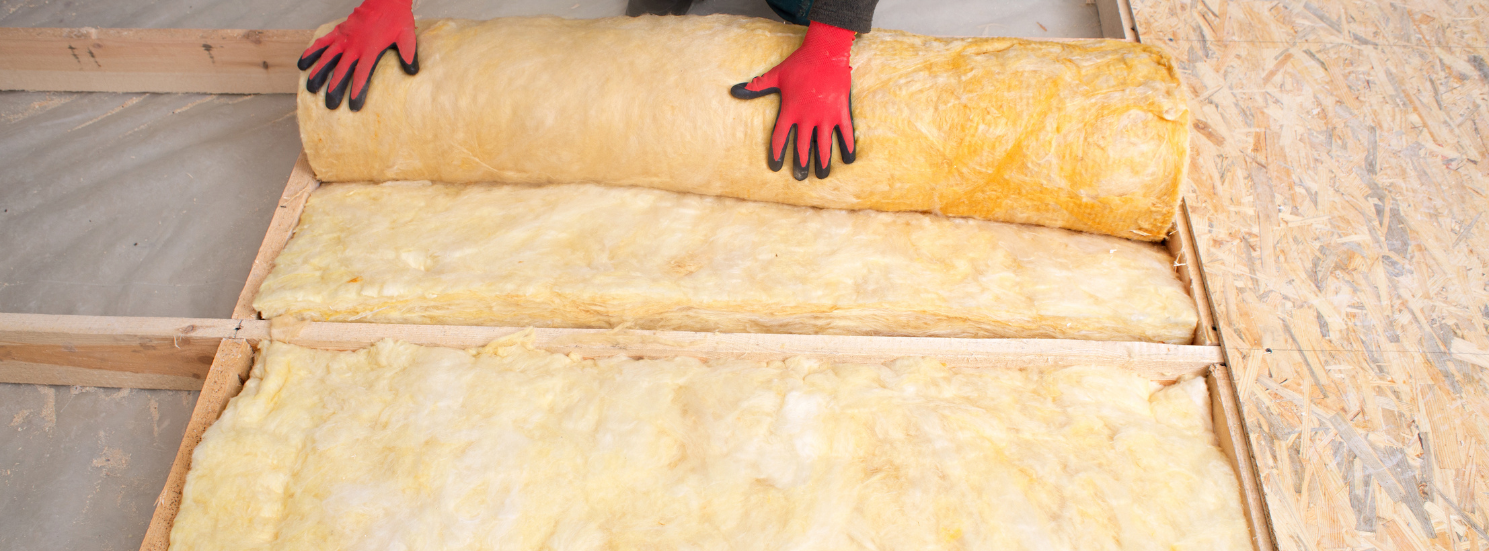Upgrading Your Windows for Winter
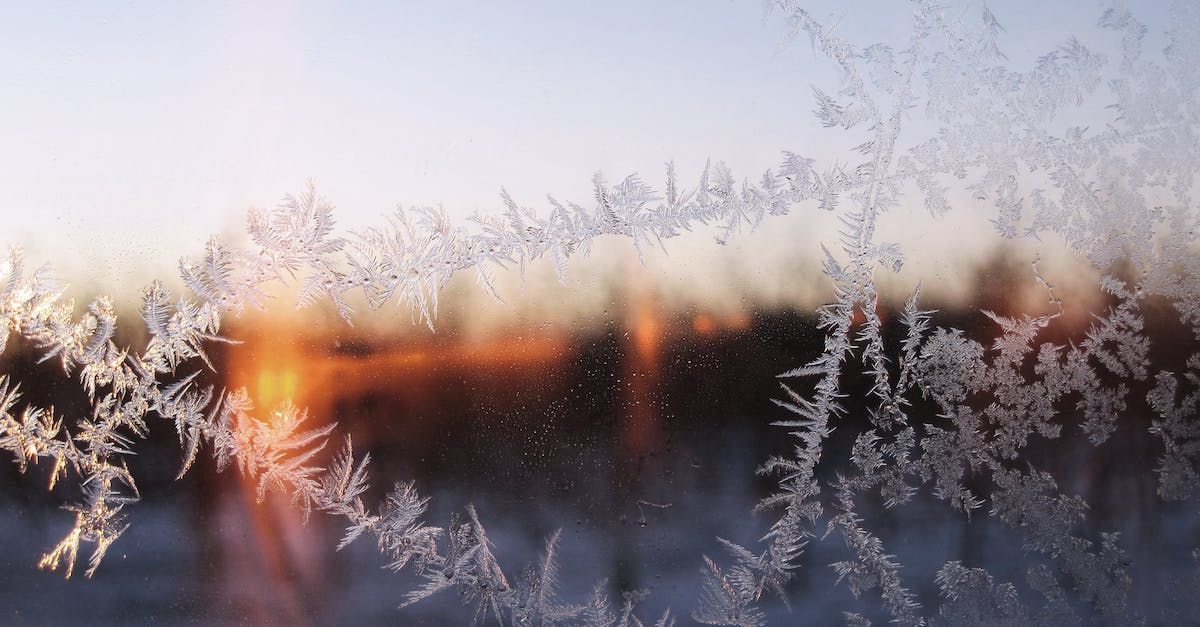
Thinking Cozy: Choosing Energy Efficient Windows
As winter's icy embrace draws near, homeowners turn their attention to maintaining a warm and inviting atmosphere within their homes. One of the most critical components in keeping the chill at bay is the choice of windows. These seemingly unassuming elements can play a pivotal role in conserving heat and reducing energy bills during the cold season. In this blog, we'll explore the types of windows that can help you create a cozy and energy-efficient haven.
Double-Glazed Windows
Double glazed windows, also known as insulated glass units (IGUs), are designed to enhance thermal performance. They consist of two panes of glass separated by a spacer, creating a layer of air or gas (usually argon) between them. This layer acts as an effective insulator, reducing heat transfer between the inside and outside of the house. The result is a significant reduction in heat loss and a more consistent indoor temperature. Homeowners can enjoy a cozier environment without cranking up the thermostat.
Low-E Coated Windows
Low-emissivity (Low-E) coated windows are engineered to minimize the amount of infrared and ultraviolet light that passes through the glass. These coatings are incredibly effective at reflecting radiant heat back into the room while allowing visible light to enter. In winter, Low-E coated windows act as a barrier against heat loss, keeping the warmth generated inside from escaping. This technology not only helps maintain a comfortable indoor temperature but also protects furniture and flooring from fading due to UV exposure.
Triple-Glazed Windows
For even greater heat conservation, triple glazed windows take the concept of double glazing to the next level. By adding an extra pane of glass and another insulating layer, these windows provide superior thermal insulation. Triple glazed windows are an excellent choice for homes located in regions with harsh winters, as they offer enhanced energy efficiency and noise reduction.
Gas-Filled Windows
Gas-filled windows utilize the insulating properties of gases like argon or krypton to improve energy efficiency. These gases are denser than air and reduce heat transfer between the glass panes. Argon, the most commonly used gas, is cost-effective and provides a substantial improvement in thermal performance. Gas-filled windows are a smart investment for homeowners seeking to keep their living spaces warm without breaking the bank.
Framing Materials Matter
Window frames also play a significant role in heat conservation. Materials like wood, vinyl, and fiberglass have better thermal properties compared to traditional aluminum frames, which are highly conductive. By choosing frames with lower thermal conductivity, homeowners can minimize heat loss through the edges of the windows and create a more effective barrier against the cold.
Proper Installation & Sealing
Even the most advanced windows will underperform if not installed correctly. Proper installation and sealing are crucial to prevent air leaks that can compromise the insulating properties of the windows. Hiring experienced professionals ensures that the windows are fitted securely and that any gaps are adequately sealed, contributing to optimal heat conservation.
Stay Warm This Winter
Here at Tanguay Homes, we understand the importance of choosing the right windows. Our team of experienced professionals is dedicated to helping you find the perfect window solutions that combine aesthetics, functionality, and energy efficiency. Don't let the winter chill seep into your sanctuary—embrace the warmth and comfort that well-chosen windows can bring. Contact us today to explore the possibilities of creating a cozier, more energy-efficient home.
Find Us Here!
Tanguay Homes, Inc.
419 Route 105 Suite A,
Newport, Vermont 05855
Mailing Address:
P.O. Box 517
Newport, VT 05855
Follow Us!
Tanguay Homes of Newport, Vermont specializes in working with out-of-the-area clients. You may sign up to receive daily progress photos, e-mails, and calls. Weekend and late evening appointments are available for your convenience.
Tony Tanguay
President
Contact Us!
We will get back to you as soon as possible
Please try again later

